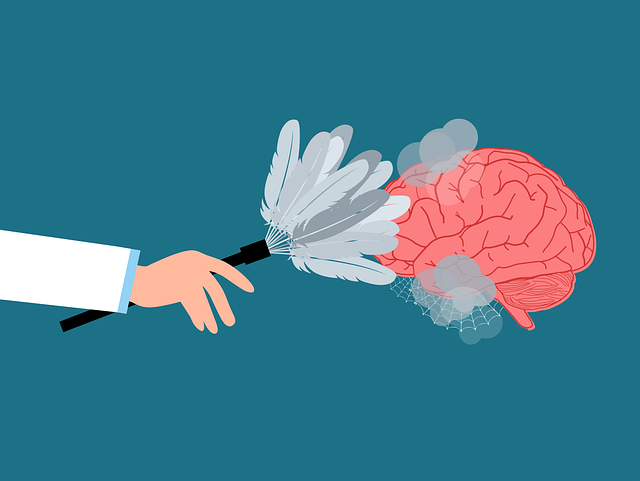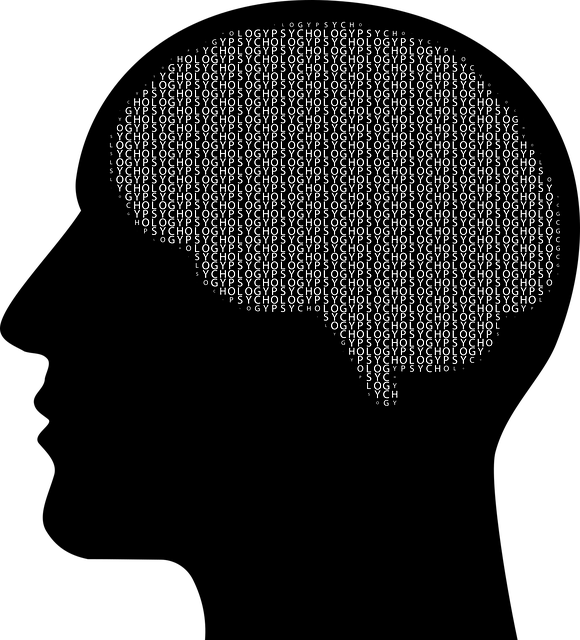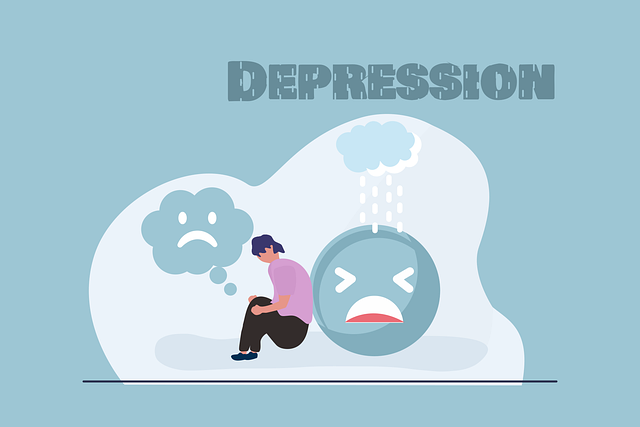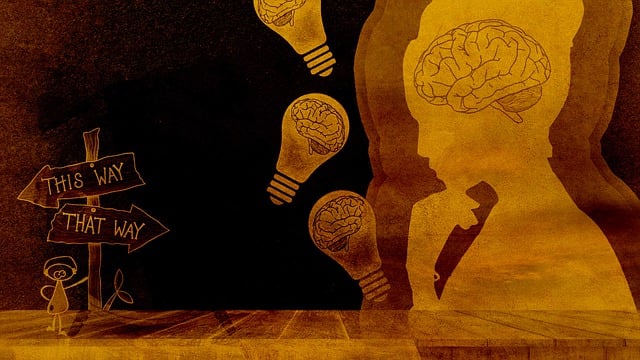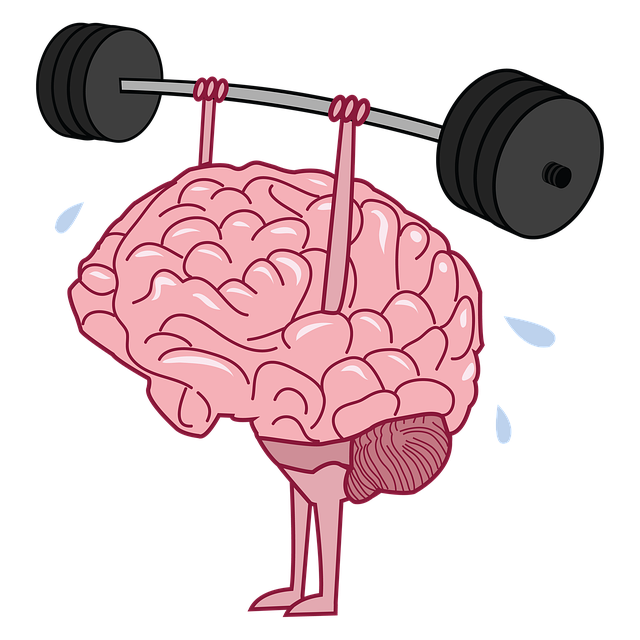Lone Tree Mental Health Evaluations Therapy offers comprehensive assessments using evidence-based tools to uncover clients' psychological landscapes, guiding personalized therapy plans that blend Trauma Support, Inner Strength Development, and Mindfulness Meditation. Through data analysis, therapists create tailored interventions, while policy analysts use similar methods to advocate for effective mental health programs at a population level. This holistic approach, informed by individual contexts and cultural backgrounds, empowers self-care and coping skills, aiming to improve mental well-being across diverse communities.
Mental health data analysis has evolved, offering valuable insights through Lone Tree Mental Health Evaluations. This article delves into the intricacies of understanding, analyzing, and interpreting these evaluations to enhance therapy effectiveness. We explore various data analysis techniques tailored for mental health research, focusing on how they can be applied in clinical settings. By understanding the findings from these evaluations, therapists can make informed decisions, ultimately improving patient outcomes in Lone Tree mental health therapy.
- Understanding Lone Tree Mental Health Evaluations
- Data Analysis Techniques for Therapy Effectiveness
- Interpreting and Applying Mental Health Findings
Understanding Lone Tree Mental Health Evaluations

Lone Tree Mental Health Evaluations are a crucial step in understanding and addressing an individual’s mental well-being. These evaluations go beyond surface-level symptoms, delving into the complex interplay of psychological factors, life experiences, and environmental influences that contribute to one’s mental health status. By employing evidence-based assessment tools and techniques, therapists can gain valuable insights into their clients’ inner worlds, revealing hidden struggles or strengths that may not be immediately apparent.
The process often involves comprehensive questionnaires, structured interviews, and psychometric tests designed to assess various aspects of mental health, including mood disorders, anxiety, trauma, and resilience. These evaluations are not merely diagnostic tools but serve as a foundation for tailoring personalized therapy plans. Incorporating Trauma Support Services, Inner Strength Development, and Mindfulness Meditation into the therapeutic process can further enhance healing and foster adaptability, empowering individuals to navigate life’s challenges with greater equanimity and resilience.
Data Analysis Techniques for Therapy Effectiveness

In the realm of mental health care, data analysis plays a pivotal role in understanding therapy effectiveness. Lone Tree Mental Health Evaluations Therapy employs sophisticated techniques to interpret patient data, ensuring personalized treatment plans that yield tangible results. Advanced statistical methods and machine learning algorithms help identify patterns and correlations within vast datasets, offering valuable insights into what works best for individual patients. This data-driven approach enables mental health professionals to make informed decisions, adapt therapeutic strategies, and ultimately enhance patient outcomes.
Beyond Lone Tree Mental Health Evaluations Therapy, the broader field of Mental Health Policy Analysis and Advocacy leverages these techniques to inform policy decisions and advocate for effective crisis intervention guidance and risk management planning for mental health professionals. By analyzing trends in patient data, policymakers can allocate resources more efficiently, design targeted interventions, and create supportive environments that foster positive mental health outcomes at a population level. Crisis Intervention Guidance benefits from this analytical rigor, ensuring that strategies are evidence-based and tailored to address the unique needs of those experiencing mental health crises.
Interpreting and Applying Mental Health Findings

When interpreting mental health data from evaluations like those offered by Lone Tree Mental Health, therapists must consider both individual client contexts and broader societal factors. Each person’s experience is unique, influenced by their personal history, cultural background, and environmental circumstances. Therefore, a holistic approach that incorporates self-care routine development for better mental health is essential. Encouraging clients to cultivate coping skills can empower them to navigate challenges effectively.
Moreover, the insights gained from mental health evaluations should inform policy analysis and advocacy efforts. Understanding trends and patterns in mental health data can highlight areas where systemic changes are needed. By advocating for evidence-based practices and supportive policies, such as improved access to therapy and resources for coping skills development, communities can create a more supportive environment for overall mental well-being. This includes addressing disparities and ensuring that everyone, regardless of their background, has the opportunity to thrive.
Mental health data analysis and interpretation are crucial components in understanding the effectiveness of therapy, especially through Lone Tree Mental Health Evaluations. By employing various data analysis techniques, we can gain valuable insights into treatment outcomes and personalize care accordingly. Interpreting these findings enables mental health professionals to make informed decisions, adapt therapeutic approaches, and ultimately enhance patient well-being. This comprehensive approach ensures that therapy remains dynamic and responsive to each individual’s unique needs.


